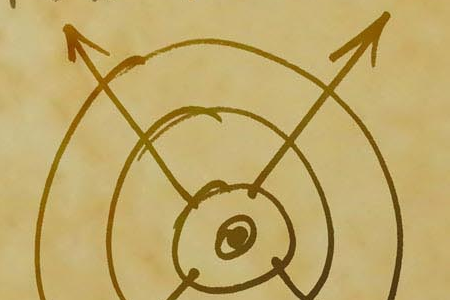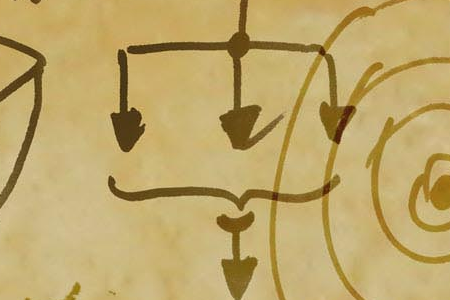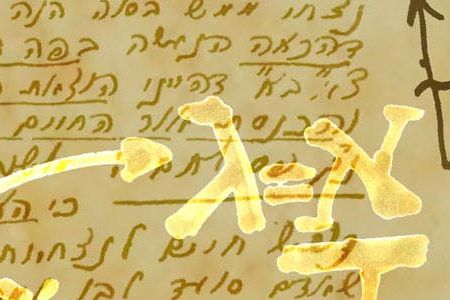What Does The Fifth Day In Genesis Mean?
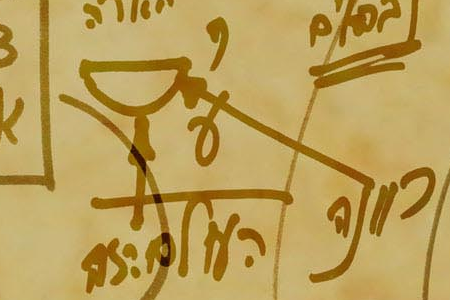
“And God said: ‘Let the waters swarm with swarms of living creatures, and let fowl fly above the earth in the open firmament of heaven.’ And God created the great sea- monsters, and every living creature that creeps, wherewith the waters swarmed, after its kind, and every winged fowl after its kind; and God saw that it was good. And God blessed them, saying: ‘Be fruitful, and multiply, and fill the waters in the seas, and let fowl multiply in the earth.’ And there was evening and there was morning, a fifth day.”
The Act of Creation as Preparation for Man’s Complementary Role
The Book of Zohar depicts each day of Creation as “erection of halls” within man, the so-called “celestial chambers” (Heb. Heichalot—hollow spaces of desires). As the soul’s egoistic qualities become corrected, these hollow spaces gradually fill up with the Upper Light. This is what every person subconsciously aspires to. A gradual filling of the hollow spaces brings all souls to a state of complete correction and perfection.
As discussed elsewhere, the sacred writings were composed using “The Language of the Branches,” where the Creator’s forces are described with words from our language. In the book, Genesis, for instance, they are called fish, fowl and so on: “…and let them have dominion over the fish of the sea, and over the fowl of the air.” As you read these lines, you should clearly visualize all the actions that you must carry out for your own correction.
Let’s look at the word “fish” (Dag), which stems from the word Daaga (concern). If you see this word in the text, know that it doesn’t allude to fish swimming in water (remember, also, that water denotes the Light of mercy), but to concern. What should you be concerned with? Only with growing closer to the Creator. There should be no other concern for you. These desires to enter the spiritual world are precisely what Genesis speaks of.
Correction with the Help of the Wisdom of Kabbalah
However, for the moment, we must keep in mind that all desires are within us. In their uncorrected form, they appear as objects in our world, but in their corrected form they are the Creator’s forces, governed by His Light.
So then, the Fifth Day alludes to the desires to be corrected first and foremost. This is because they are “easier,” that is, easier to correct: “…and let fowl fly above the earth in the open firmament of heaven.”
Such is your path as well, dear reader—to separate within you egoistic desires, to which you can attach an altruistic intention, and thus try to correct them. To do that, first try to simply think about it. Think and read Kabbalistic books, primarily the books of Baal HaSulam, who took all the ancient Kabbalistic sources from the times of Abraham, Moses, and the ARI, and adapted them to our generation.
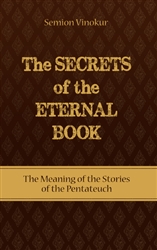 “What Does the Fifth Day in Genesis Mean?” is based on the book, The Secrets of the Eternal Book: The Meaning of the Stories of the Pentateuch by Semion Vinokur.
“What Does the Fifth Day in Genesis Mean?” is based on the book, The Secrets of the Eternal Book: The Meaning of the Stories of the Pentateuch by Semion Vinokur.
